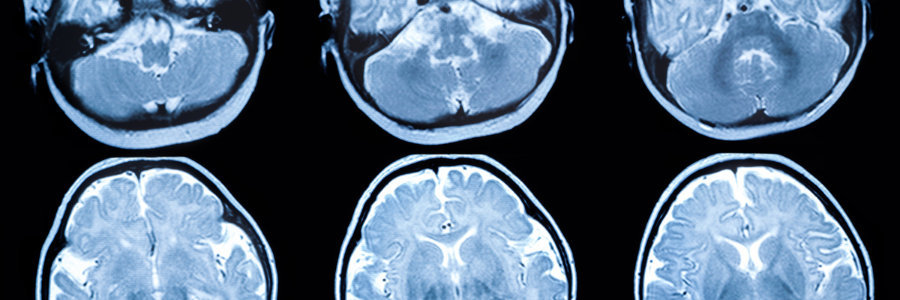FDA Approves Lenmeldy for Metachromatic Leukodystrophy
Jeffrey S. Chamberlain, PhD - March 18, 2024
Lenmeldy is the first and only treatment in the U.S. for early onset MLD.

Today the FDA approved Lenmeldy (atidarsagene autotemcel), a hematopoietic stem cell gene therapy for the treatment of children with metachromatic leukodystrophy (MLD), making it the first and only treatment in the U.S. for early-onset forms of the disease.
MLD is a rare disorder caused by a mutation in the gene responsible for encoding the enzyme arylsulfatase A (ARSA). When working properly, the healthy gene produces a protein that helps clean up a cell. Without proper cleanup, fats called sulfatides accumulate and damage the myelin sheath of the cell, which leads to progressive decline of brain and motor function.
Lenmeldy, marketed in Europe as Libmeldy, works by inserting a working copy of the ARSA gene into the genome of the patients’ own stem cells. The repaired cells are then infused back into the patient, where they naturally migrate across the blood-brain barrier into the central nervous system, engraft, and express the functional enzyme.
Lenmeldy is indicated for patients six and under with the late-infantile form of MLD and without clinical manifestations, as well as patients six and under with the early-juvenile form with either early or no clinical manifestations.
The experience of receiving a rare disease diagnosis is difficult enough, and in the case of MLD it’s heartbreaking for a patient’s family to see their loved one gradually lose the ability to walk, talk, eat, and see as the disease progresses. This approval is so exciting because it provides a one-time treatment that will prevent much of the decline brought on by this disease.
The biologics licensing application for Lenmeldy is based on data from 39 pediatric patients with early-onset MLD and compared with data from 49 untreated patients. In clinical trials, treatment with Lenmeldy resulted in preservation of motor function and cognitive development in most patients compared to disease natural history with up to 12 years of follow-up (median 6.76 years).
With more than a cumulative 250 patient-years of follow-up, treatment was generally well-tolerated, with no treatment-related serious adverse events or deaths.
FDA granted its U.S. approval to Orchard Therapeutics.
Dr. Chamberlain is President of ASGCT.
Related Articles